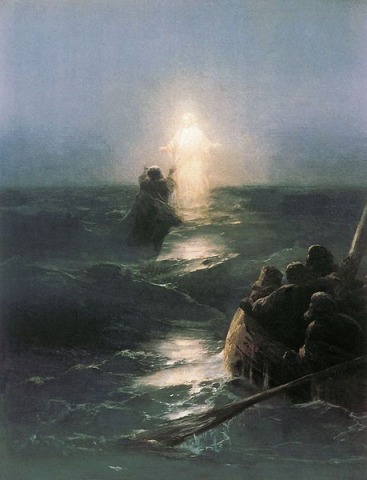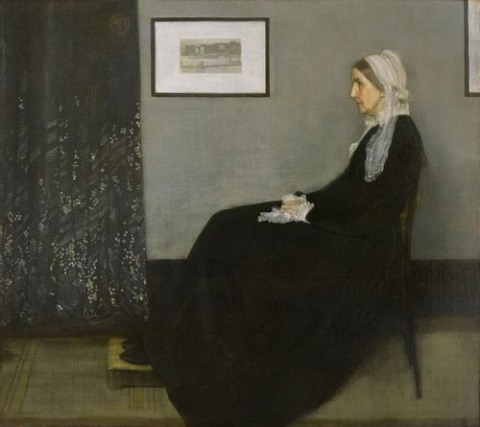
“Even a bad man can be a good statesman.” It’s not true, but I’ve noticed that people who say this sort of thing tend to be unimpressed by explanations of the unity of the virtues.

“Even a bad man can be a good statesman.” It’s not true, but I’ve noticed that people who say this sort of thing tend to be unimpressed by explanations of the unity of the virtues.
Readers:
Mondays I now reserve for student letters. These two were responses to an article in which I counseled a young man and his girlfriend to remain chaste. Please keep in mind my audience. The article appeared in a Christian magazine, and both readers belonged to my own faith. One should only do sums with people who believe in arithmetic; the same with quotations from Scripture.
Reader One: Thanks.


I suppose we have all heard the argument that that modesty produces dirty minds by promoting a “mystique” about the body. On this view, if we want clean minds, we should show more rump and cleavage.
My favorite atheist is Guenter Lewy. I have never looked into his beliefs about ethics in general; it’s not that. What interests me about him is his confession, in a little book he wrote some years ago called Why America Needs Religion, that he envies his religious friends their moral resources. Lacking the model of the love of God, he says, many people on his side love “humanity,” but far fewer love “individual human beings with all their failings and shortcomings.” They may do good works, but they are “not likely to produce a Dorothy Day or a Mother Teresa.”

One of the curious things about the proponents of so called evolutionary ethics is that although they wave the banner of science, their ethics are actually arbitrary. Take for example Robert Wright, who proposes utilitarianism. Since you can’t derive utilitarianism just from belief in natural selection, how does he get there? He argues like this:

One of the hottest fads in social science is “evolutionary psychology,” also known as “evolutionary ethics.” The story line is that by considering how we came to be, we will learn more about how we are. According to this view, Darwinism reveals the universal, persistent features of human nature.

“‘Moreover,’ added Arcade, ‘I freely acknowledge that it is almost impossible systematically to constitute a natural moral law. Nature has no principles. She furnishes us with no reason to believe that human life is to be respected. Nature, in her indifference, makes no distinction between good and evil.’” -- Anatole France, The Revolt of the Angels

Readers:
